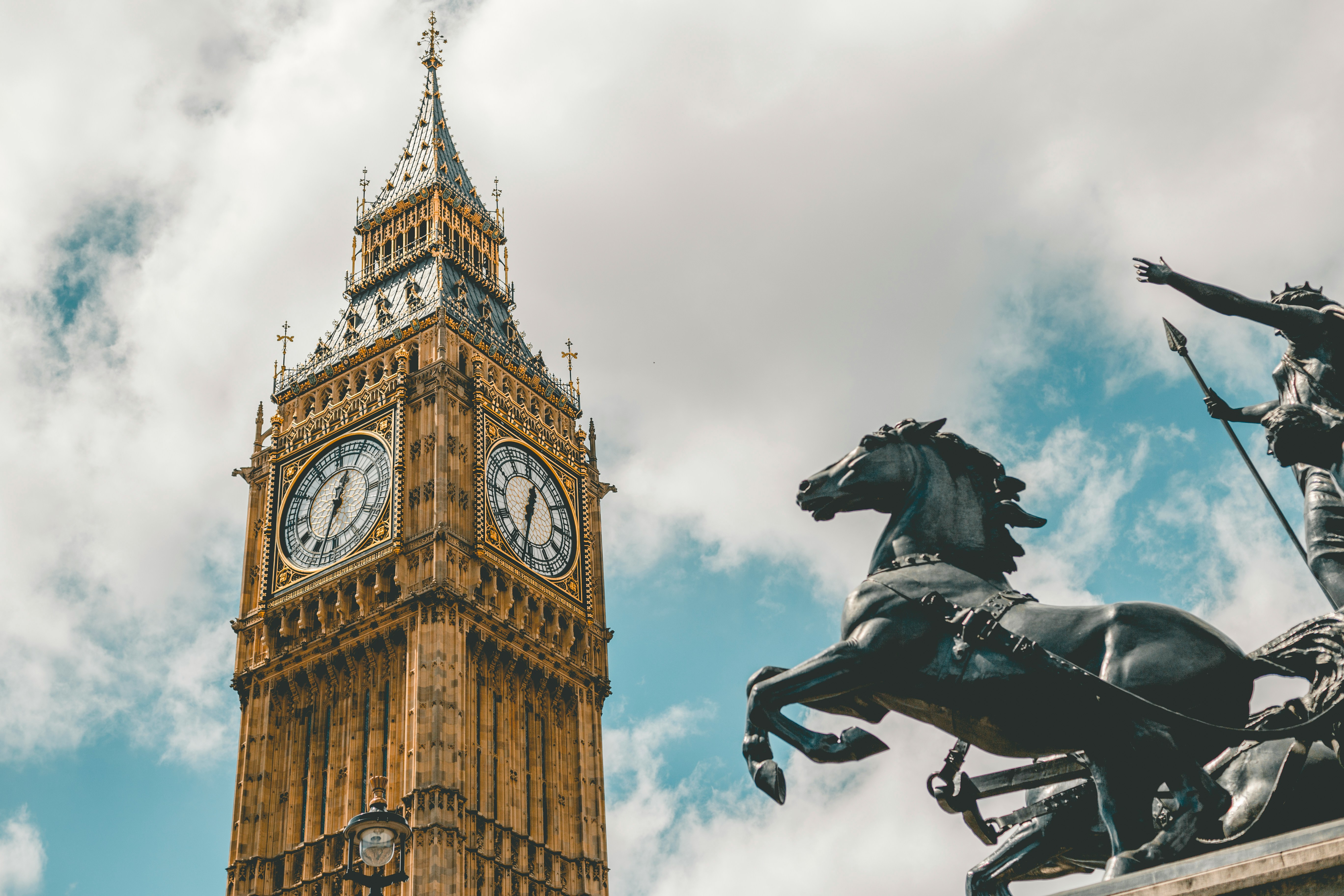The Decline Of Great Britain: Can The UK Economy Renaissance?

The United Kingdom once stood as an economic powerhouse, the envy of the world. But over recent decades, a concerning trend has emerged - one of stagnating productivity and incomes compared to other developed nations. This economic malaise threatens to undermine the country's prosperity.
The Resolution Foundation's new book, "Ending Stagnation," highlights this stark reality. It reveals how the average UK worker today earns only marginally more than 15 years ago. Between
Behind these numbers lies a troubling inequality. While the top income earners pull away, middle and lower class Britons struggle to keep pace. Median incomes in the UK now lag far behind countries like Canada and Australia. Low-income households are significantly poorer than counterparts in France or Germany.
This inequality manifests geographically too. The capital far outpaces second cities like Manchester, with a 41% productivity advantage over the next best city. Paris' lead is just 26% over Lyon. Prosperity concentrates more and more in London.
Usually, inequality arises from growth trade-offs that incent innovation. But in Britain's case, stagnation and inequality have emerged together - the worst of both worlds. With little wage growth in decades, the young in Britain will likely never attain the living standards their parents did.
Experts point to chronically low investment levels as an underlying cause. Britain invests the least among G7 countries over 40 years. Infrastructure creaks under the strain while commuting times remain long. The National Health Service, starved of funding, lurches from crisis to crisis. Volatile public investment dissuades private capital. Strict planning constraints further hamper construction and development.
Ageing populations, Brexit adjustments, climate change targets and rising interest rates will only heighten the fiscal and economic pressures ahead. Tough choices loom if Britain hopes to reverse course.
The Resolution Foundation rightly labels this a strategic, not a tactical, challenge. Band-aid solutions cannot treat the patient here. As Britain falls further behind global peers, public dissatisfaction will continue to grow. The time has come for an honest reckoning and bold, structural reform. Anything less condemns the nation to further stagnation.
The path forward remains unclear. But the first step lies in acknowledging past failures, setting aside ideological fixations, and crafting a pragmatic strategic vision for national renewal. Britain's future prosperity depends on it.
World Liberty Seeks Federal Trust Charter
World Liberty Financial, the crypto venture backed by the Trump family, has applied for a US national bank trust charter... Read more
Saudi Banks Tap Overseas Markets
Saudi Arabia’s banks are borrowing from international markets at their fastest pace on record, as lenders try to squar... Read more
Amazon Continues To Cut 16000 Gone
Amazon has announced plans to cut a further 16,000 roles from its corporate workforce, extending the cost and organisati... Read more
The UK May Have A Voice In Ai
Europe’s AI sector has grown accustomed to playing catch-up. Capital has flowed more slowly than in Silicon Valley, va... Read more
Musk Applies Pressure To BT
Britain’s broadband market has spent the past decade locked in a familiar pattern. Incumbents invested heavily in fibr... Read more
Blackrock Sees EMEA Moving Into Private Assets
BlackRock has warned that investors across Europe, the Middle East and Africa are reshaping portfolios in response to wh... Read more

